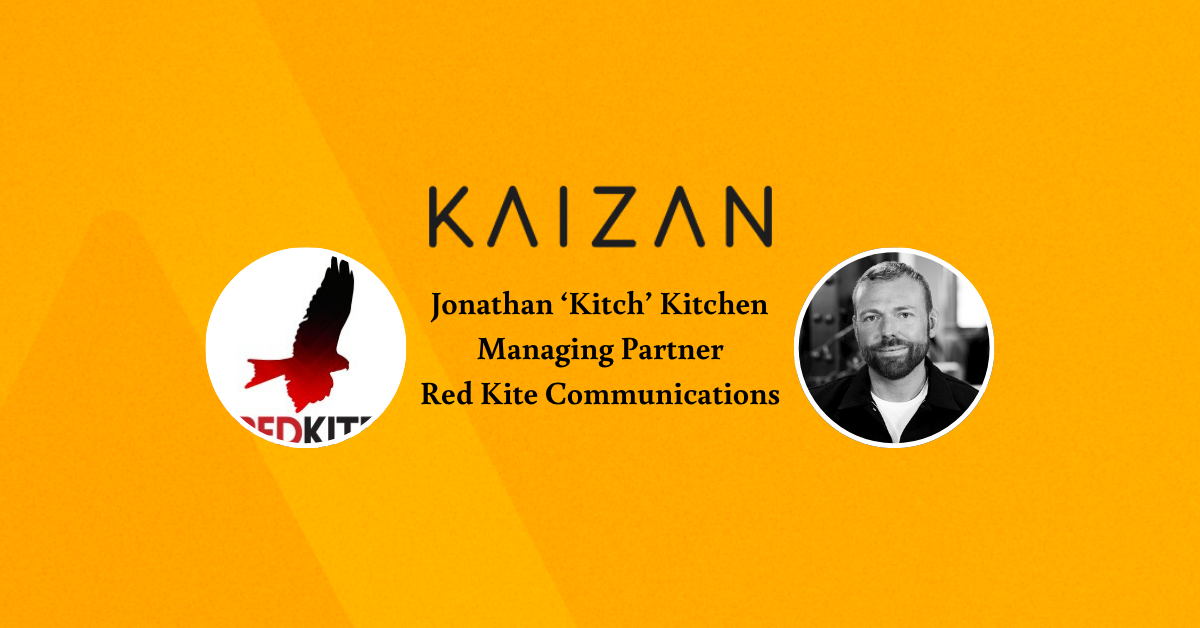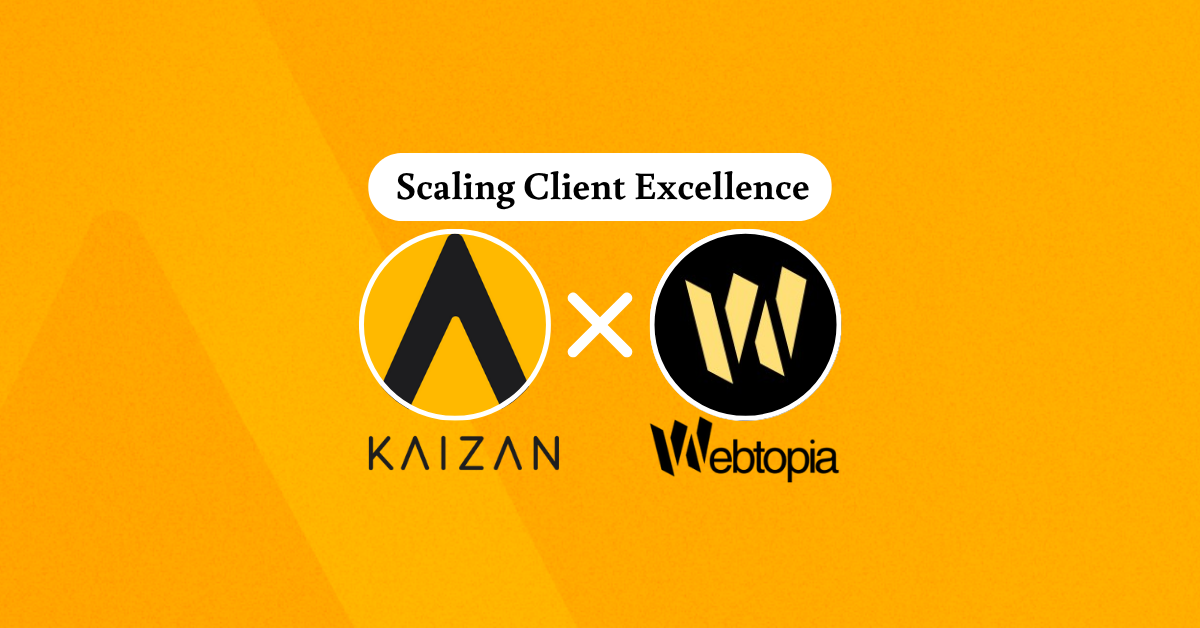How to Ask Your Client Strategic Questions

How to Ask Your Client Strategic Questions
Asking a client strategic questions is invaluable for building a long-term relationship as a trusted partner, but it can also be challenging. So how can you get it right?
To work effectively together, you and your clients need to share an understanding of what they’re trying to achieve. That way, you can provide them with tailored products and the right support. You can also identify opportunities to sell extra services, ones which will help them achieve their goals.
Strategic questions help you to do this. They’re questions that give you a broad picture of what the client is trying to achieve and how. They can cover topics like goals, challenges, and what the client considers their unique selling points.
Why Are Strategic Questions Important?
Strategic questions help to uncover a client’s goals, objectives, and desired outcomes, gaining direct insight into their mindset. Without these questions, it’s hard to cater your offerings toward a client’s specific needs. Great strategic questions will help you gain a better understanding of your client’s business and what they are hoping to achieve, as well as the ways they hope to achieve it.
Asking these types of questions also gives you a better understanding of the client’s decision-making process. It shows you how they think and how they balance the factors affecting their decisions. This can be helpful in developing more targeted and effective marketing strategies.
Strategic questions also help build trust and rapport with clients, improving your relationship. Because you’re listening to them and taking an active interest in their objectives, they feel that you are committed to helping them achieve their desired results. The insight you show through asking these questions increases your credibility, demonstrating that you make an effort to be well informed about their business.
How To Ask Strategic Questions
Timing
If you’re going to ask strategic questions of leaders of a client business, then you need to get your timing right. The conversation should take place in a setting where they have the time to talk and are prepared for these sorts of questions.
A quarterly business review (QBR) can be a good time to do this. The client is already expecting a strategic discussion, so questions about their objectives and approaches are a natural fit. If this isn’t an option, then try to arrange a meeting specifically to ask strategic questions. That way, the client can prepare for the conversation.
Shaping the Questions
It’s important to remember that every client is different and so to tailor your questions to each individual. Don’t ask a question just because it’s on your list and you ask it every time. Consider in advance whether it fits with what this client does and what you need from them.
When forming your questions, keep them simple and specific. It’s tempting to elaborate on your point in an attempt to show what you’re after, but remember, this is about you understanding the client, not them understanding you. Simple questions are easy to understand and specific questions will draw out relevant answers. If you want to ask about related topics, then make them into questions of their own.
A combination of open- and closed-ended questions will generally get you the best results. There are some times where you need a specific answer-a yes or no, or perhaps a number or name-and closed questions are better for getting these results. But open questions are important for broader topics, as they let the client answer on their own terms and encourage them to be more expansive.
Follow Up
With both sorts of questions, be ready to follow up, expand, and seek clarification. Take a moment after each answer to consider whether there are points about the answer you’d like more information on.
In particular, be ready to ask “why?” about the client’s preferences and intentions, as this can help you to understand what their strategy is about. Be careful with how you ask that question though. “Why?” questions can feel like a challenge or like you’re disagreeing. Avoid the word itself if you can, and phrase the questions to show you’re not questioning the validity of the client’s ideas, just seeking to understand them better.
Use Jargon Carefully
Think carefully about the level of jargon you use in your questions.
Jargon, whether it’s technical or business based, can be useful. Used right, it conveys complex ideas quickly and specifically. It can also help to create a bond between you and the client, as using a little jargon shows that you’re both insiders to a sector.
However, the wrong jargon, or too much jargon, can be harmful. If the client doesn’t know the terminology you’re using, they may feel alienated. If a term has a vague or variable definition, then the two of you may use it in different ways, leading to misunderstandings. So pick your jargon carefully and use it sparingly.
Be Ready to Be Quiet
Perhaps the most important thing is to know when to pause and listen.
As the client talks, you’ll have lots of opinions on what they’ve said, and probably ideas about how to help them. You might get excited at wanting to share them.
Don’t.
There will be a time to share your ideas, and that time is later. Right now, you’re trying to find out what the client thinks. The best way to do that is to say as little as possible and give them the floor.
Examples of Strategic Questions
What are good strategic questions to ask? This varies from client to client, but some examples of key strategic questions you might ask include:
1. What are your short- and long-term business goals?
2. What are the top priorities for your business?
3. What are the biggest challenges your business is facing?
4. What are your competitive advantages?
5. What is your ideal target market?
6. What is your sales and marketing strategy?
7. What are your financial goals?
8. What unique value does your business offer to your target customers?
Not all of these will be relevant every time, and there are plenty more questions you might want to ask. Hopefully, they’ll give you some inspiration for questions of your own. Try to keep to this format: short, open-ended, and touching on big concerns. They’ll give you the insight you need to understand your client and deliver better value to them.



